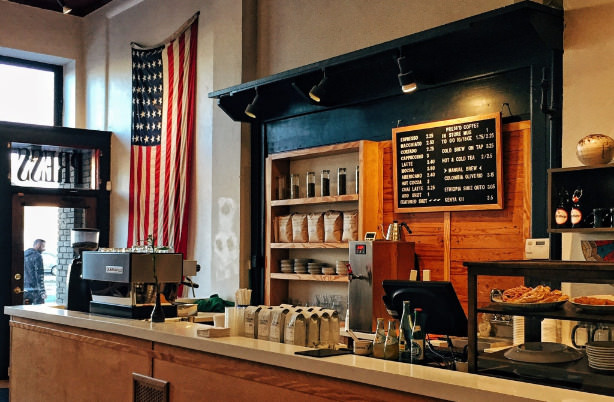Knowing that attitudes about food quality and the importance of food origin have evolved with time, Fabric wanted to explore the topic with a new generation of grocery purchasers: Millennials. Their insights were honest, and they weren’t afraid to speak their minds in how their attitudes differ from their parents.
Research Objective
We wanted to understand the role food origin plays in Millennials’ attitudes about food quality and how origin impacts their food purchasing behaviors. Furthermore, we wanted to uncover how they feel their attitudes and behaviors differ from their parents.
Target Audience
National US sample
14 states/22 cities
Ages 18 – 32 All involved in food purchasing decisions
Even male/female ratio
Mix of ethnicities and socio-economic backgrounds
We Learned
Millennials are actually channel-agnostic when it comes to shopping, and retailers need to maximize each platform to build a lasting relationship with this generation. This report highlights eight things you can do to make your consumer experience resonate with Millennials.
The majority of Millennials are proud to say they have a very different set of food purchasing priorities versus their parents.
The Parent’s food purchasing properties were defined in a way:
- Acquire what is “on the list,” with food origin as low priority
- Traditional grocery store chains = “good enough” standard
- Keep food expenditures low to get the “biggest bang for the buck”
- Purchase from wherever is the most convenient
Millennials’ Food Purchasing Priorities were defined this way:
- Acquire local produce and meats that are “good for my body”
- The majority of grocery stores = inferior standards versus farmer’s markets, Whole Foods, and Trader Joe’s
- Support the local farmers and economy through local purchases
- Purchase locally for the most minimal impact on the environment
